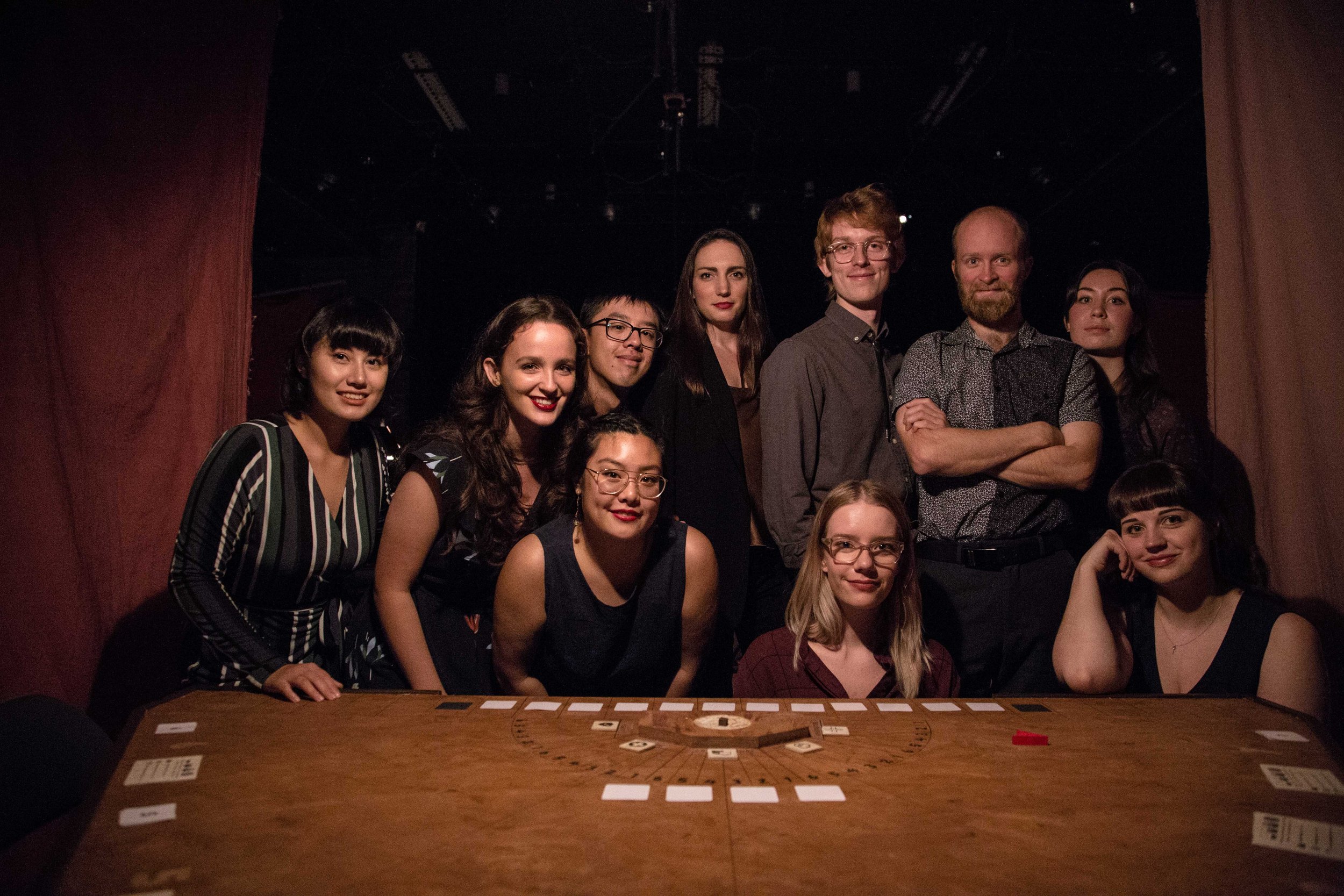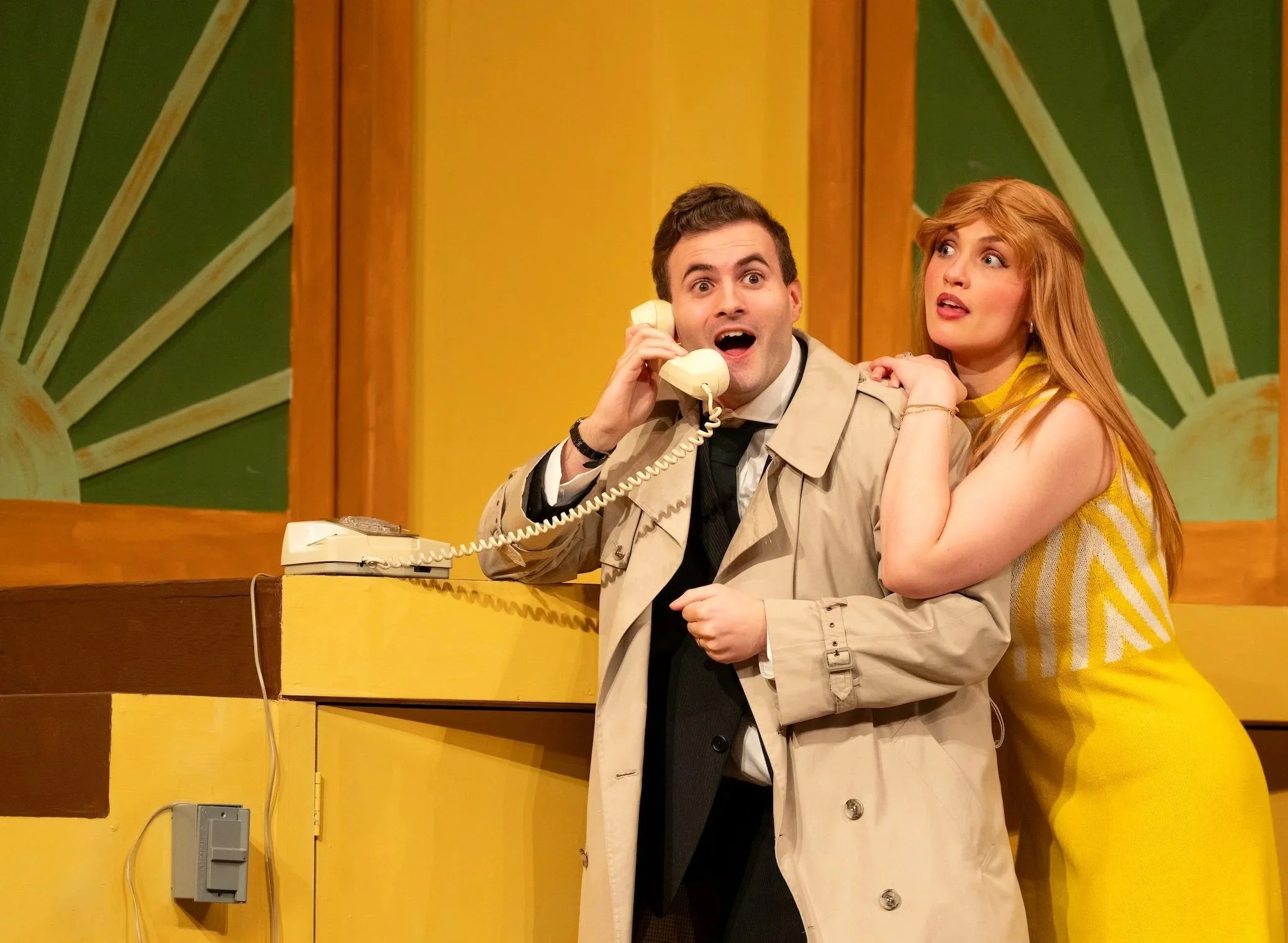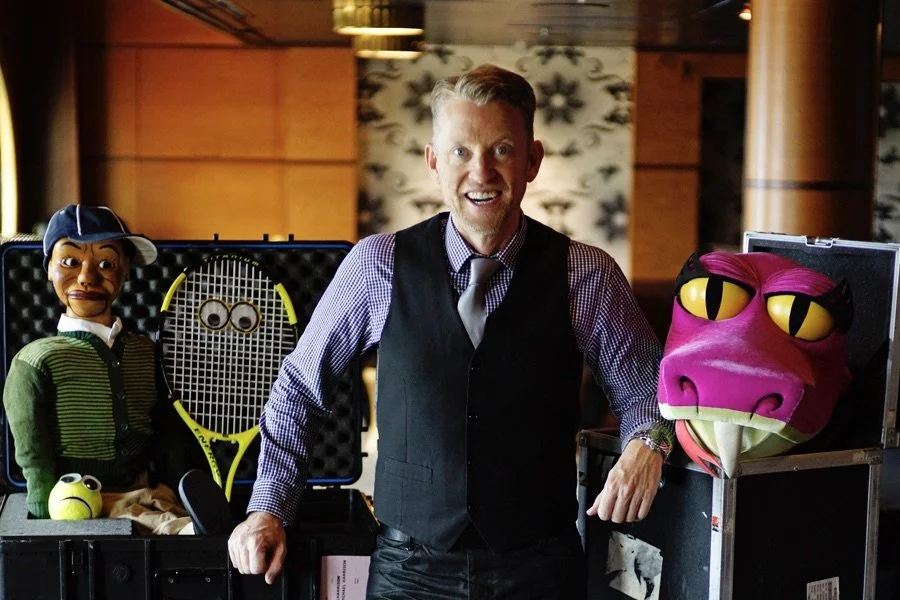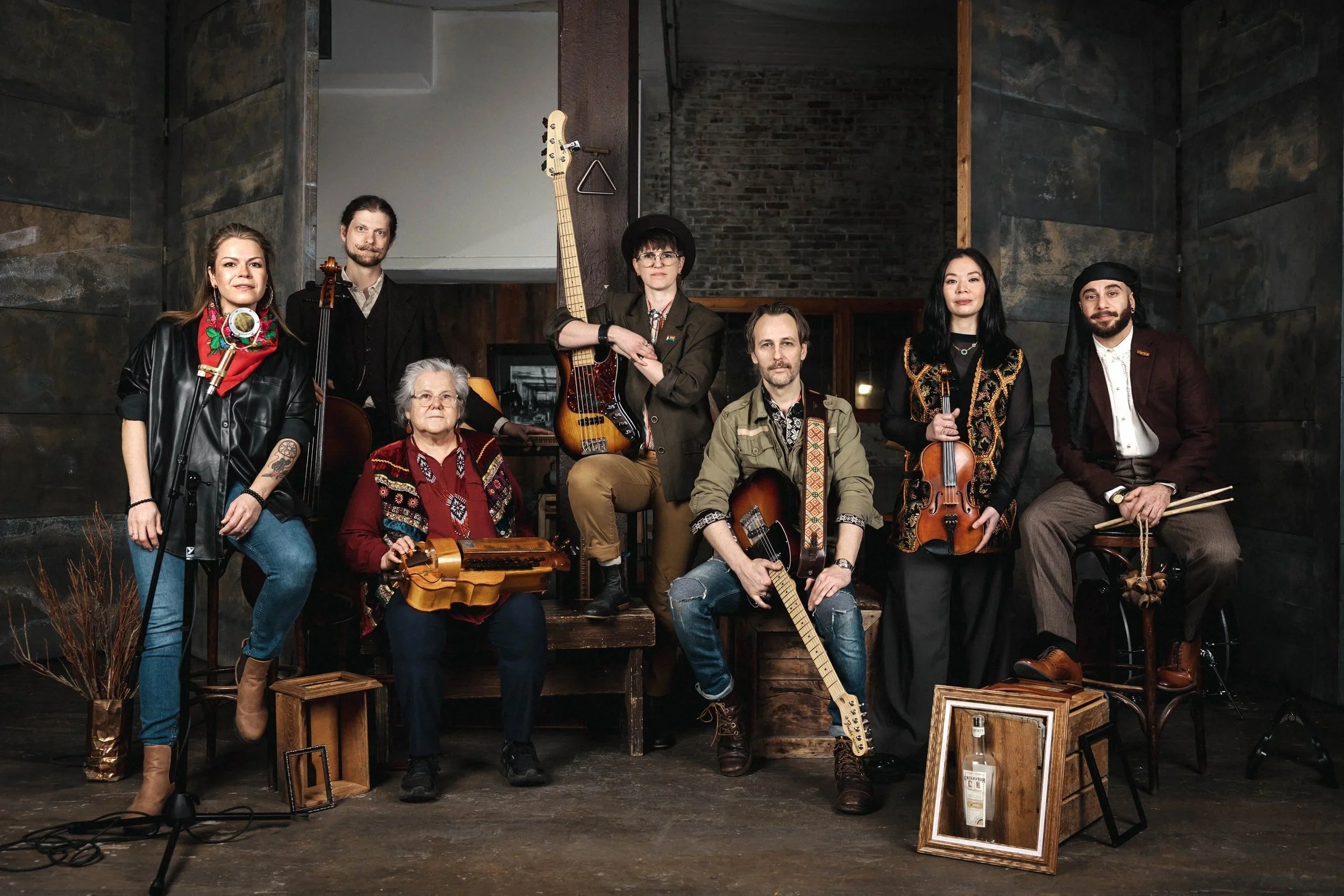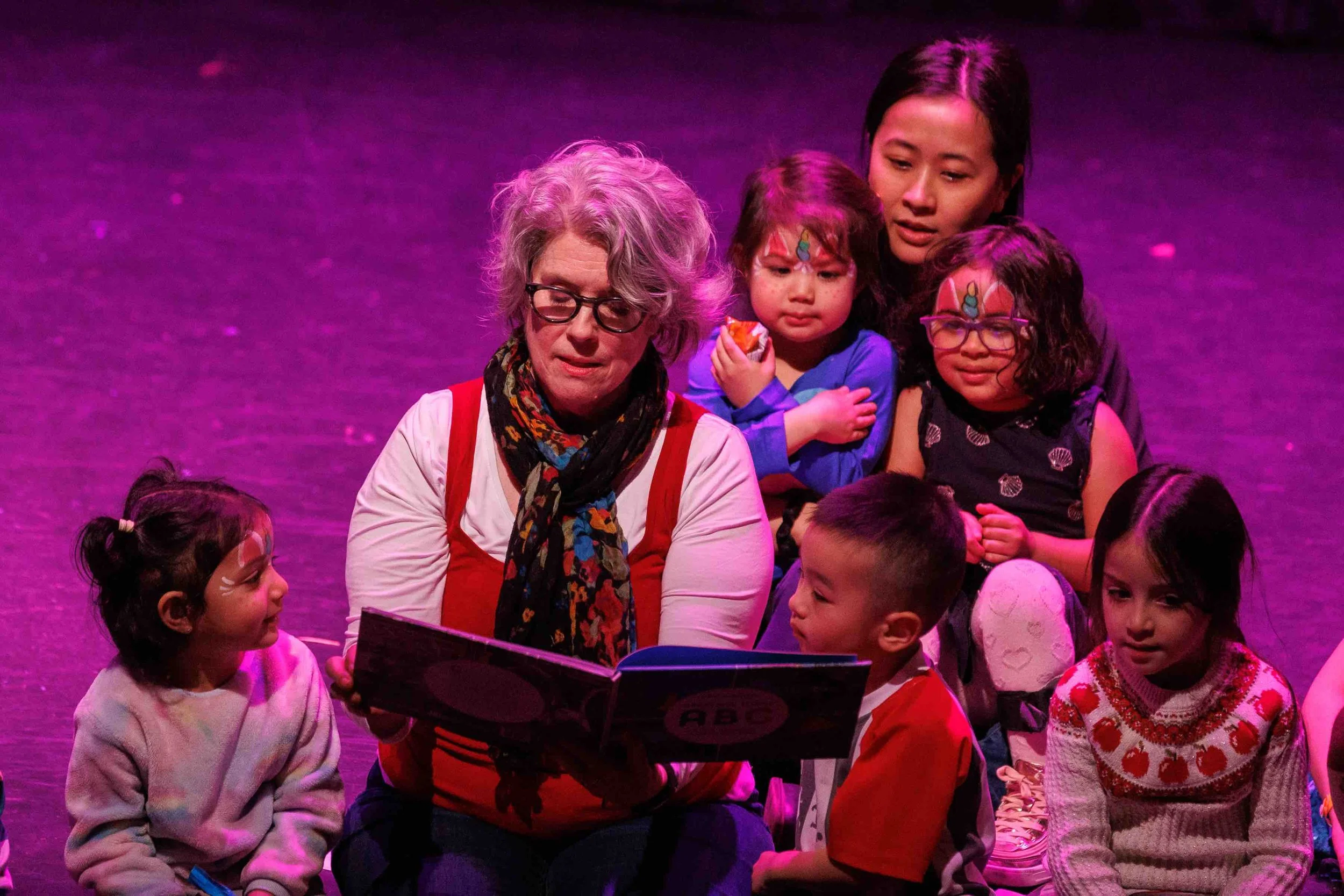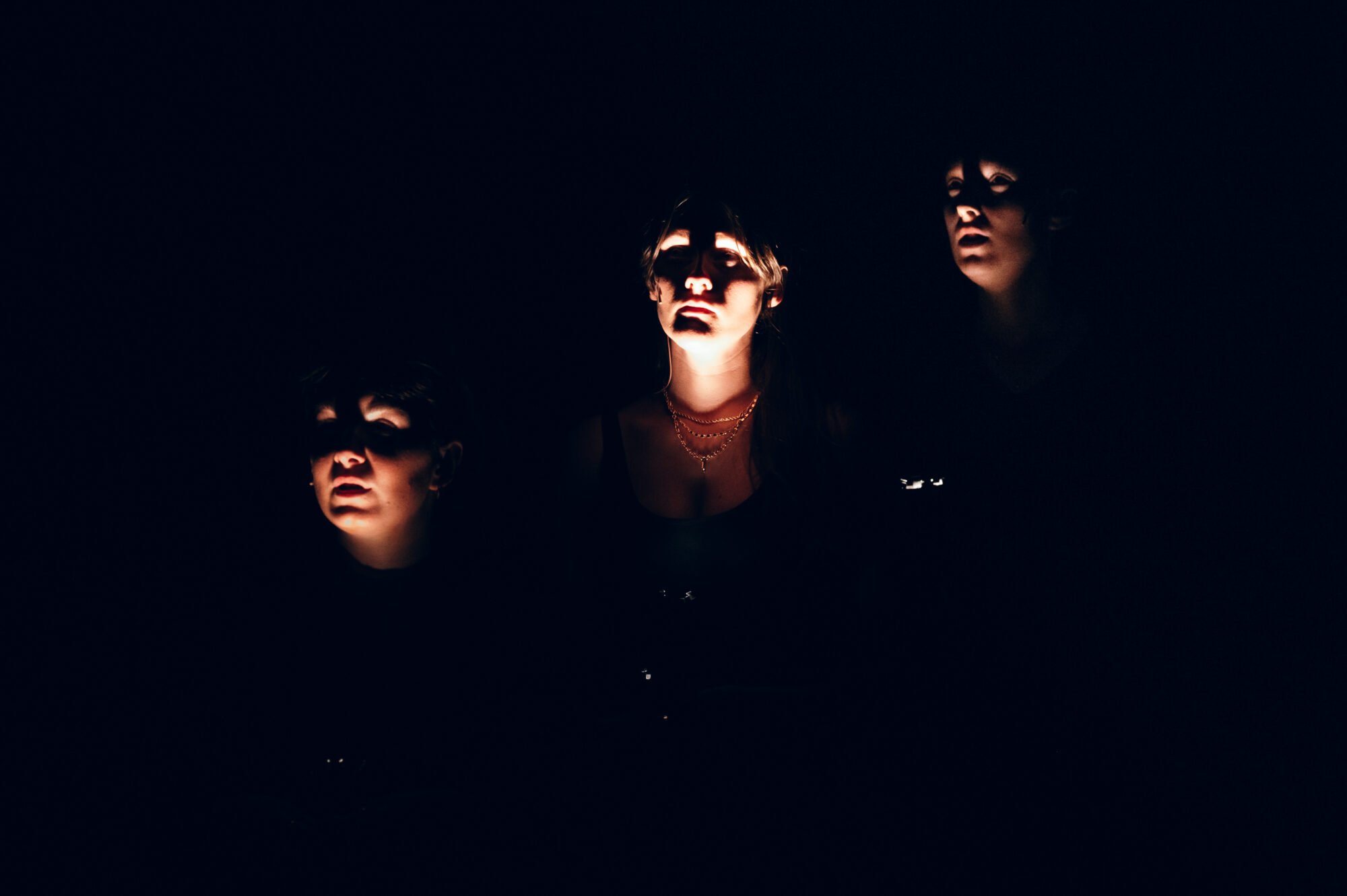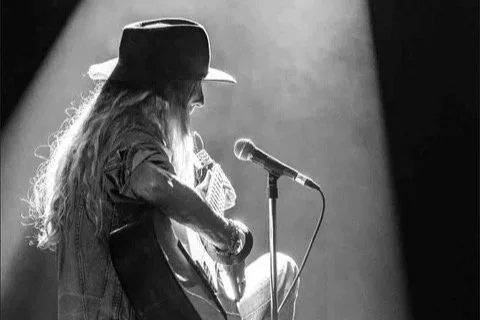Part game, part theatre piece, New Societies looks to audiences to build utopia
Re:Current Theatre’s interactive production gets viewers collaborating, competing, and dreaming
New Societies.
RUMBLE presents Re:Current Theatre’s New Societies at Progress Lab 1422 from June 1 to 5
IN A WORLD ever more divided and terrible, you can always dream of what an ideal one would look like. New Societies lets you do just that and then some: part strategic game, part theatre piece, the interactive experience has viewers become players on teams of up to six, each trying to build their version of utopia, working alongside—or against—each other and groups of other fellow audience members.
The concept for the immersive production goes back a few years, when Donald Trump was midway through his presidency, explains the show’s director, Brian Postalian, founding artistic director of Re:Current Theatre. Postalian remembers being struck not only by the very visible and growing divide between social and sociopolitical relationships but also by the even deeper divide that was emerging in the way people would speak with each other and how individuals determined what was right and what was wrong.
Brian Postalian.
“I thought about how could we create an experience in which, should you try to build your utopic society, what challenges would emerge as you tried to come into conversation with what another person thought?” Postalian tells Stir. “How much effort would it take from you on your end to articulate and uphold your own values and where would they come into tension or collaboration with other people? And so the germination of the work started with that really base question of: How do we engage with each other as citizens, and how do we operate within the current systems and structures that we either find frustrating or have trouble being productive with in our current society?
“So as you come here, do you end up trying to be really efficient at the systems that we currently operate within, or do you try to build new ones or co-opt another set of structures?” Postalian says. “And we’re very loose about how this all emerges in the show. What we hope participants take away from it is an understanding or a clarity in, and perhaps an excitement around, their own engagement as individuals who are in communication with each other in society, as citizens.”
A full workshop production of New Societies took place in the fall of 2019, giving the creative team a glimpse of the unpredictable nature of the show and the way it breaks the silence that typically exists between audience members at a conventional theatre production. With actors Sena Cagla, Howard Dai, Alexa Fraser, Evan Medd, Hannah Meyers, Pascal Reiners, Amanda Sum, Montserrat Videla, and Meagan Woods guiding the process, it’s up to viewers to decide how much or how little they want to contribute. No one is ever put on the spot, and there’s no right or wrong way to engage with the work.
“It gets you to start thinking about what it means to participate, and perhaps not leaning on the person that you came with, and most importantly, because the show differs so greatly [based on] the group that you end up with, it’s such a productive conversation that emerges after the show as people get to discuss what ended up happening in their group, how they made decisions, and we found that a really productive way of engaging discussion as people leave the theatre and go on their way outside of the performance,” says Postalian, a sessional instructor within the School of Performance at X University who has a master’s of fine arts in theatre game design and interdisciplinary performance studies.
New Societies.
Once the pandemic settled in, Rumble Theatre streamed New Societies, the digital space giving people a chance to reconnect and bond. With the in-person iteration here at last, Postalian notes that although there are big themes at hand, there’s also a great deal of whimsy, spectacle, and fun.
“We, as performers of the work, are always so excited for audiences to come in because it does drastically change how the show operates from night to night,” Postalian says. “So audiences do play a pretty integral role in the piece in a way that is very hard for us to predict. And we hope that the show stirs some sense of conversation both within the context of it and sort of, as the show bleeds outside the doors and you walk away, perhaps thinking about your relationship to what was either fascinating or frustrating about the experience, and I think all that is valid in the work.”




